Optimal Timing for Foundation Repairs
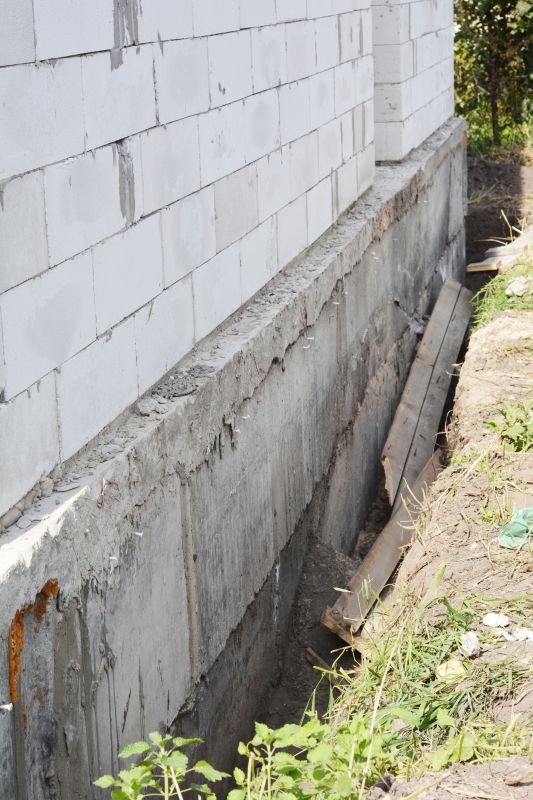
Spring offers moderate temperatures and stable soil conditions, making it an ideal time for repairs.
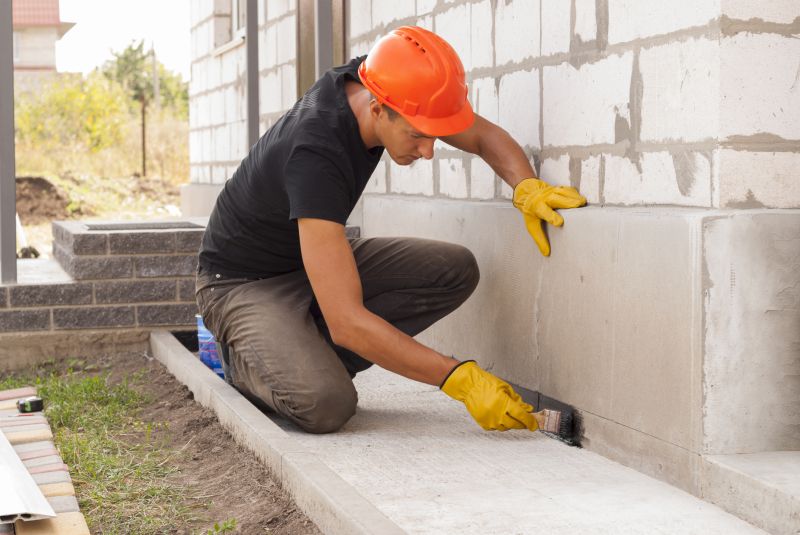
Summer's warm weather allows for efficient project completion, though dry conditions are essential.
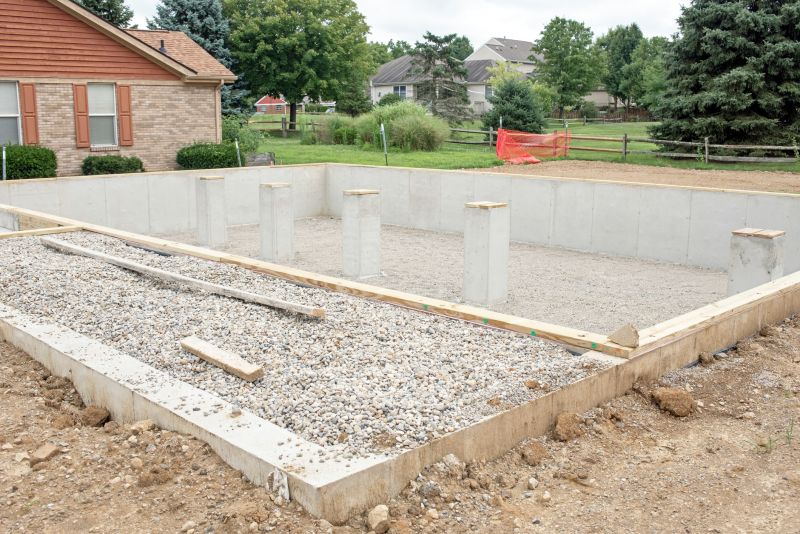
Fall provides cooler temperatures and less rainfall, reducing delays and ensuring quality work.
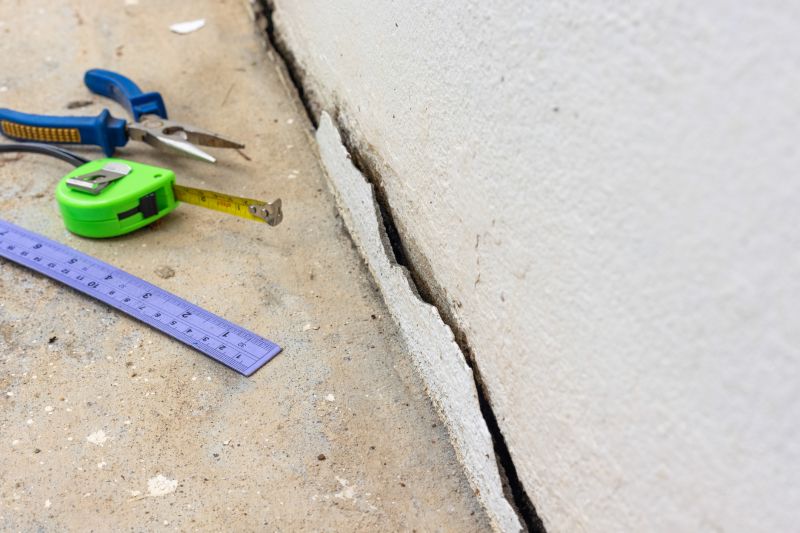
Ways to make Foundation Repairs work in tight or awkward layouts.
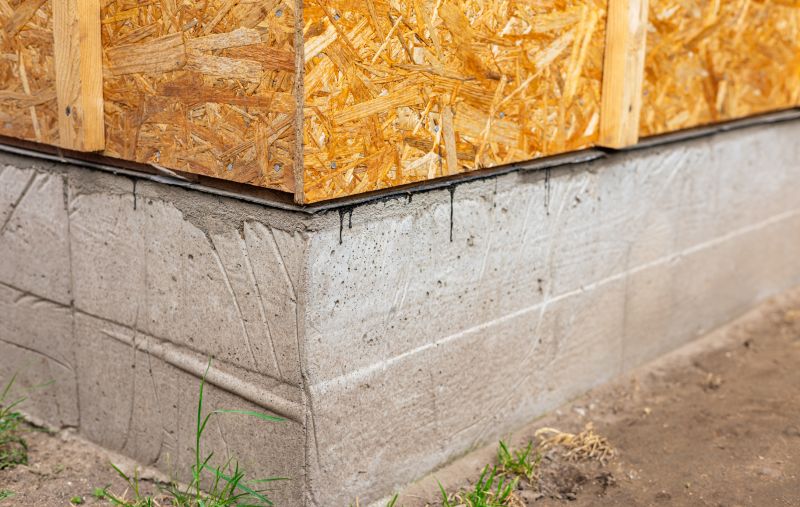
Popular materials for Foundation Repairs and why they hold up over time.
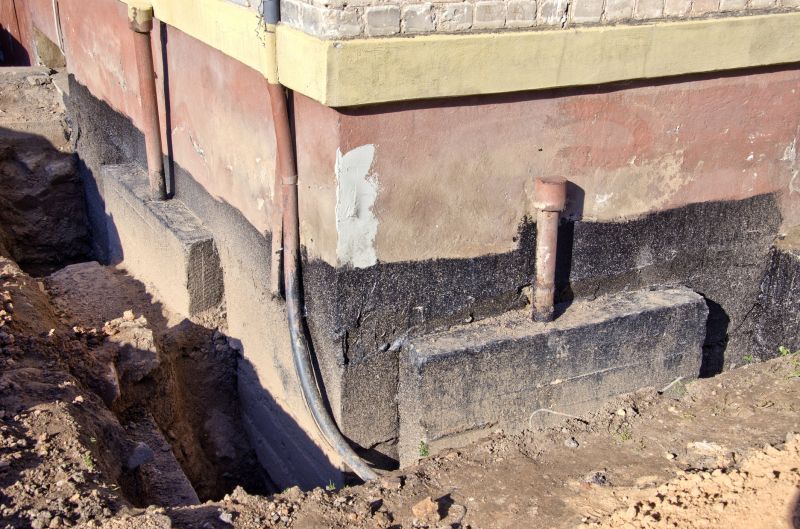
Simple add-ons that improve Foundation Repairs without blowing the budget.
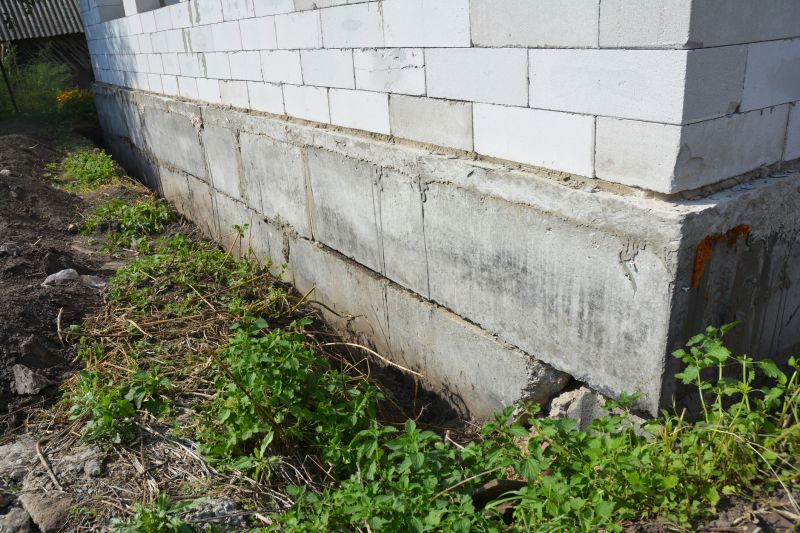
High-end options that actually feel worth it for Foundation Repairs.
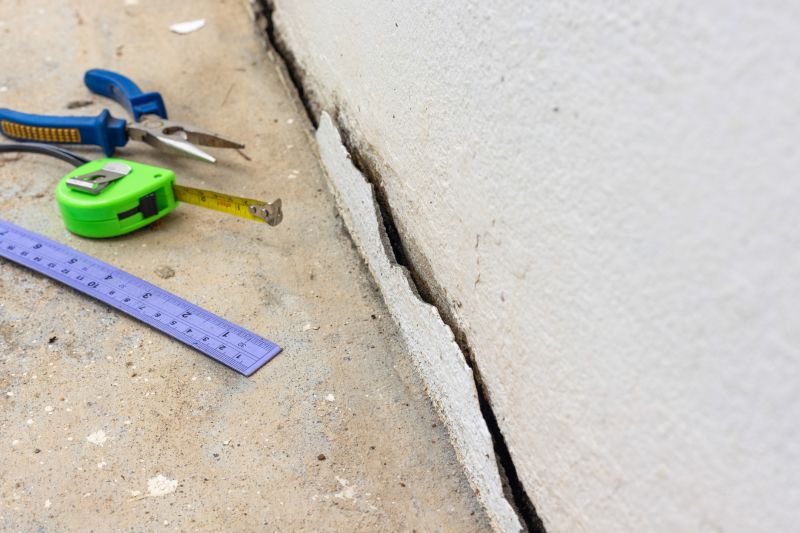
Finishes and colors that play nicely with Foundation Repairs.
Foundation repairs are critical for maintaining the structural integrity of a building. Timely intervention can prevent further damage and costly renovations. The optimal timing for repairs depends on weather conditions, soil moisture levels, and the specific issues present. Performing repairs during favorable seasons minimizes complications related to moisture and temperature fluctuations, ensuring better adhesion of materials and longer-lasting results.
Cracks in walls, uneven floors, and sticking doors may indicate foundation issues requiring attention.
Common methods include piering, underpinning, and slab jacking, each suited to different types of damage.
Weather patterns, soil conditions, and property age influence the best timing for repairs.
Early repairs can prevent extensive damage, improve safety, and preserve property value.
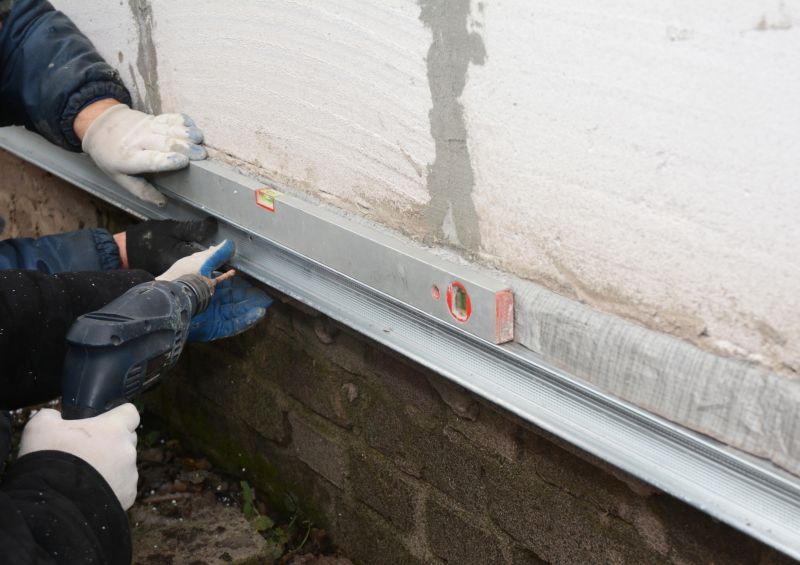
Visual of repair procedures showing excavation, underpinning, and stabilization.
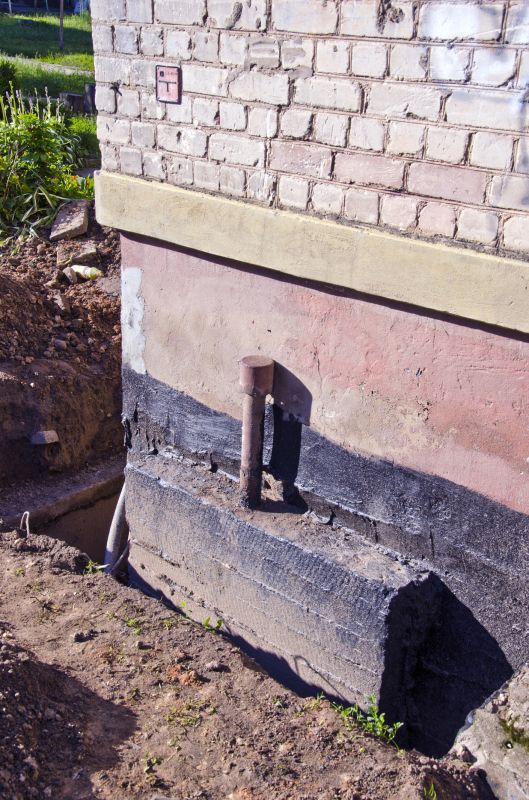
Images illustrating the transformation after repairs.
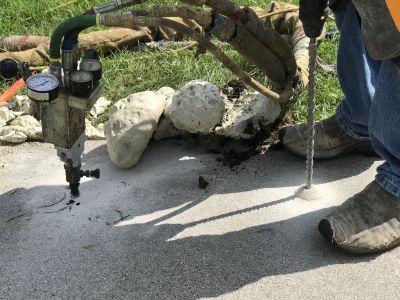
Equipment like hydraulic jacks, piers, and stabilization systems.
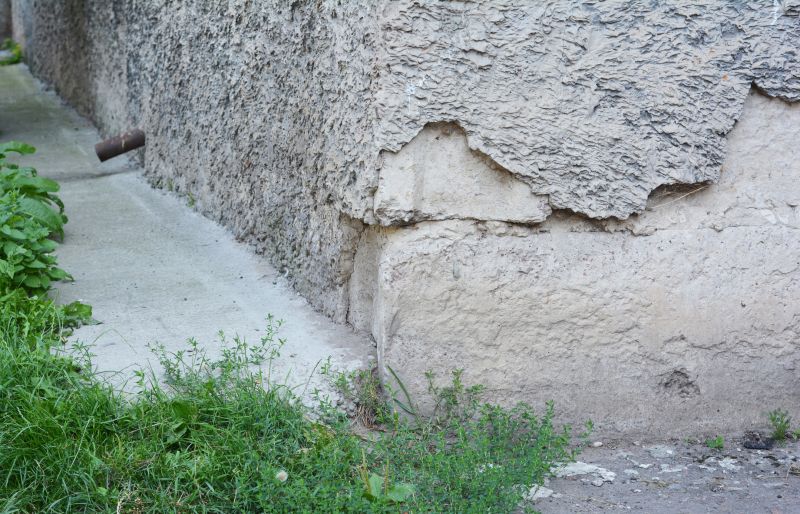
Different soil types and moisture levels impacting repair needs.
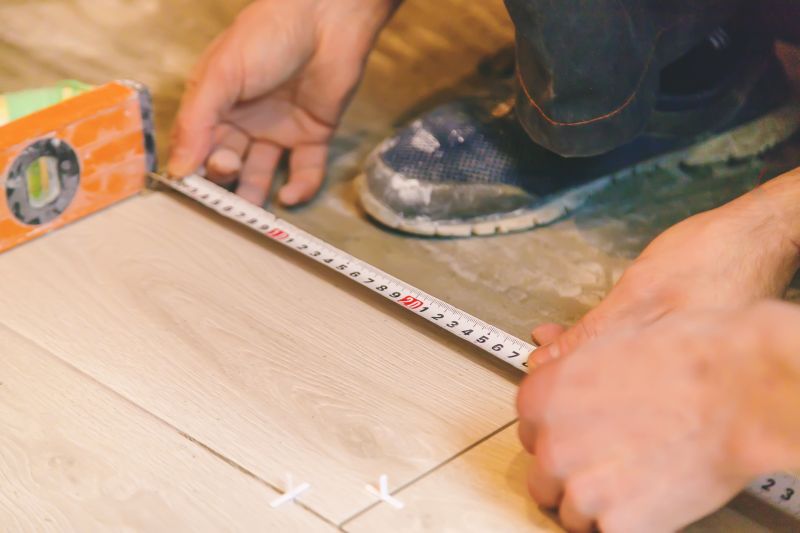
Little measurements that prevent headaches on Foundation Repairs day.
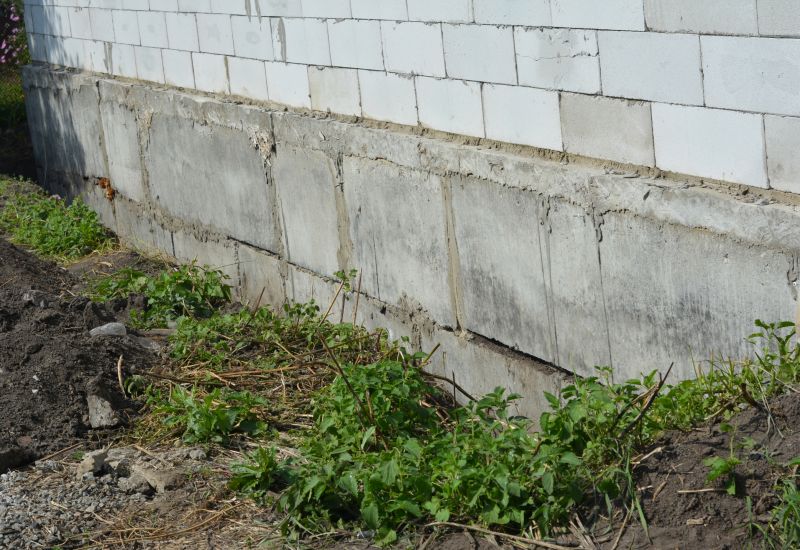
A 60-second routine that keeps Foundation Repairs looking new.
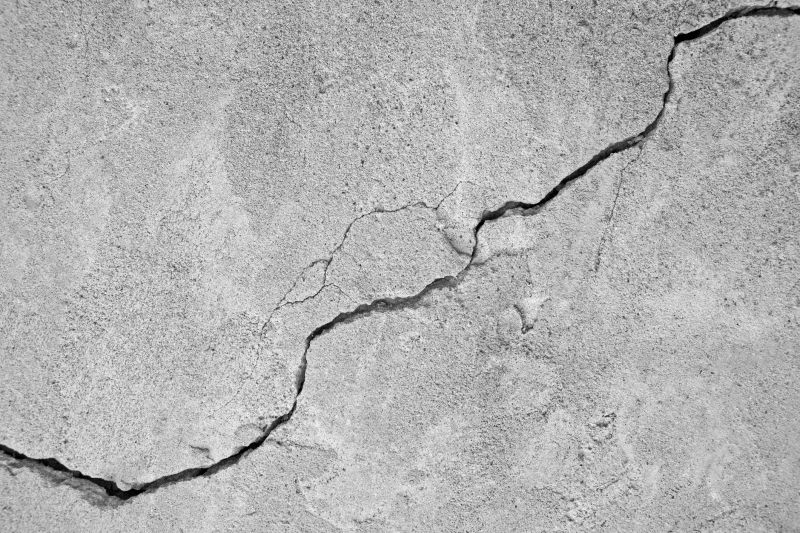
A frequent mistake in Foundation Repairs and how to dodge it.
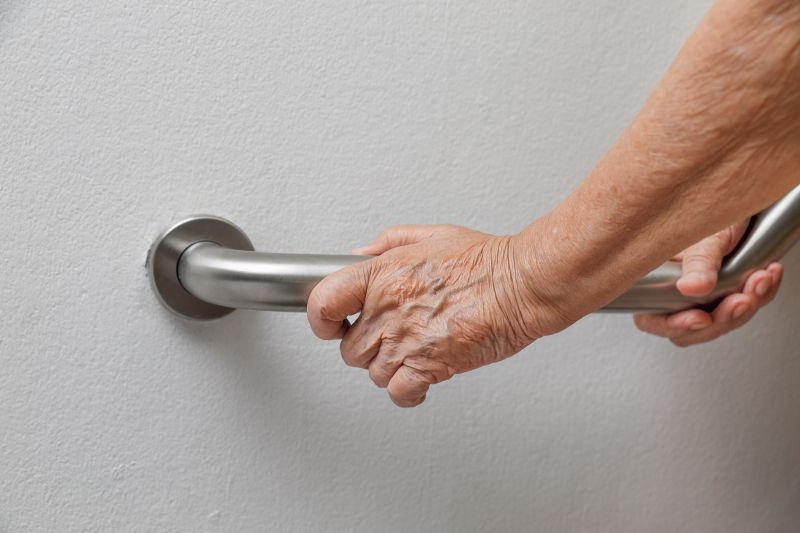
Small tweaks to make Foundation Repairs safer and easier to use.
| Season | Ideal Conditions |
|---|---|
| Spring | Moderate soil moisture, stable temperatures |
| Summer | Warm weather, dry soil conditions |
| Fall | Cool temperatures, less rainfall |
| Winter | Cold temperatures, frozen ground not suitable |
Understanding the seasonal factors influencing foundation repairs helps in scheduling interventions effectively. Proper timing ensures that the soil conditions are optimal for excavation and stabilization work. Delaying repairs during unfavorable weather can lead to increased costs and compromised results. Consulting with foundation specialists can provide guidance tailored to specific property conditions.
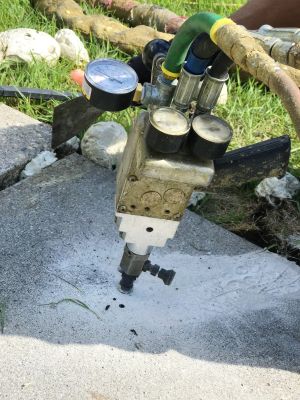
Modern machinery used for efficient stabilization and lifting.
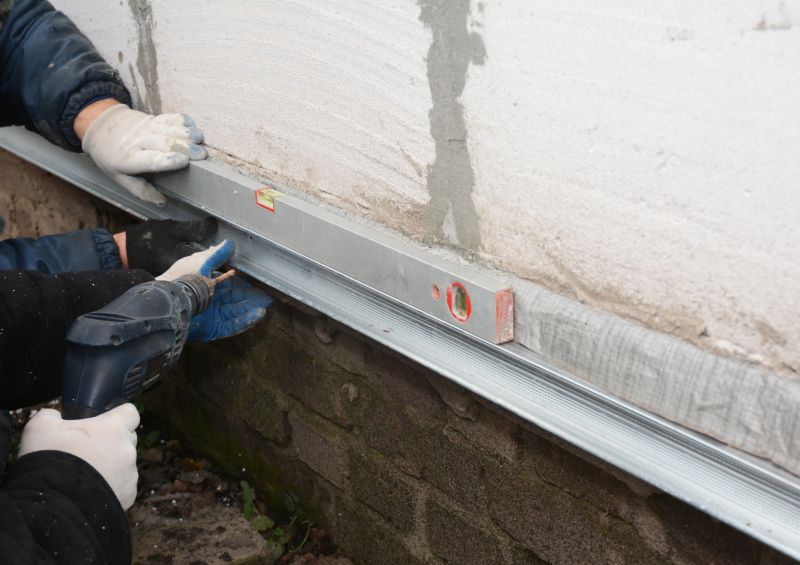
Methods to improve soil conditions before repairs.
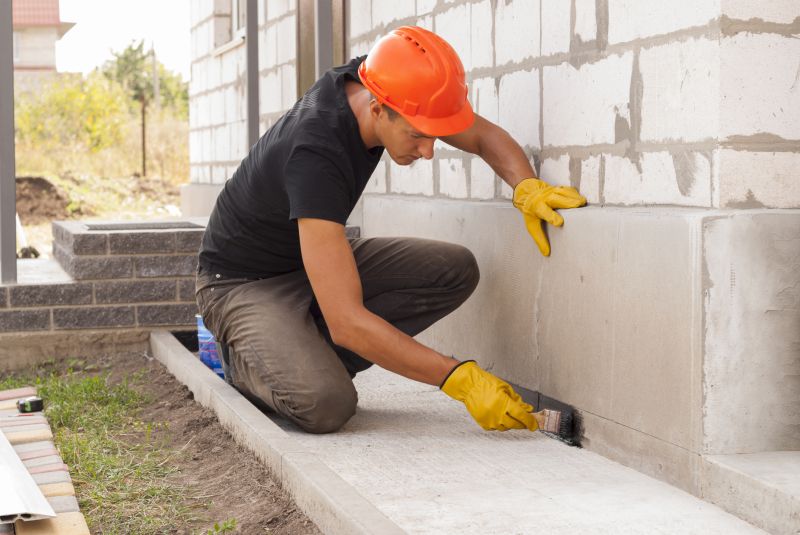
Close-up of crack sealing and reinforcement.
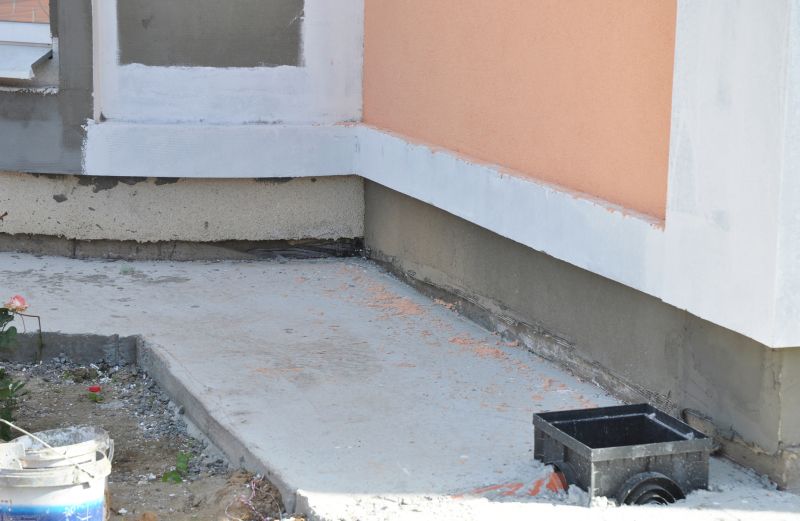
Showcasing successful repairs in various seasons.
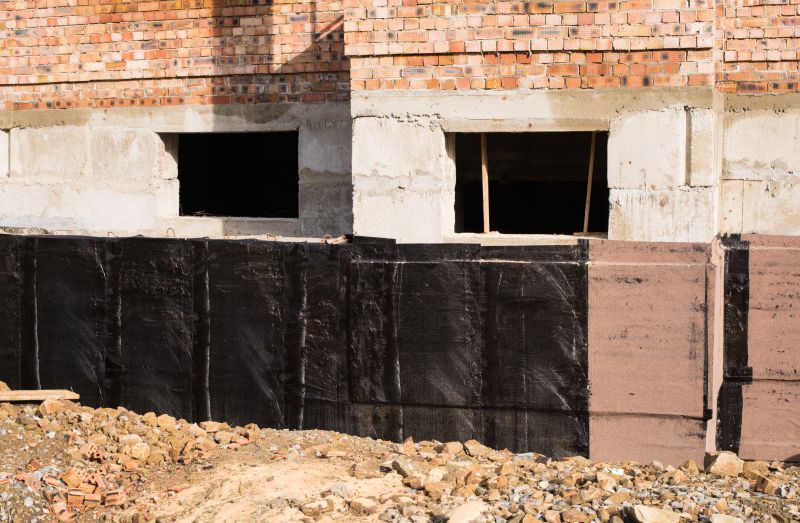
Lower-waste or water-saving choices for Foundation Repairs.
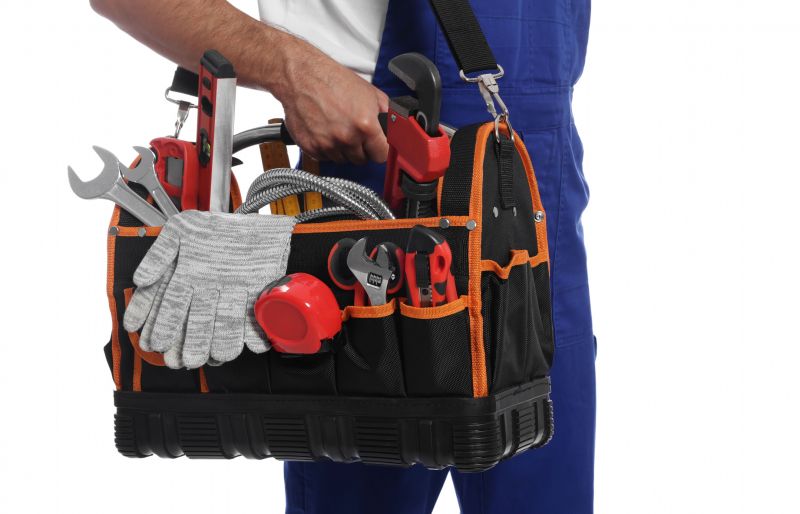
The short, realistic tool list for quality Foundation Repairs.
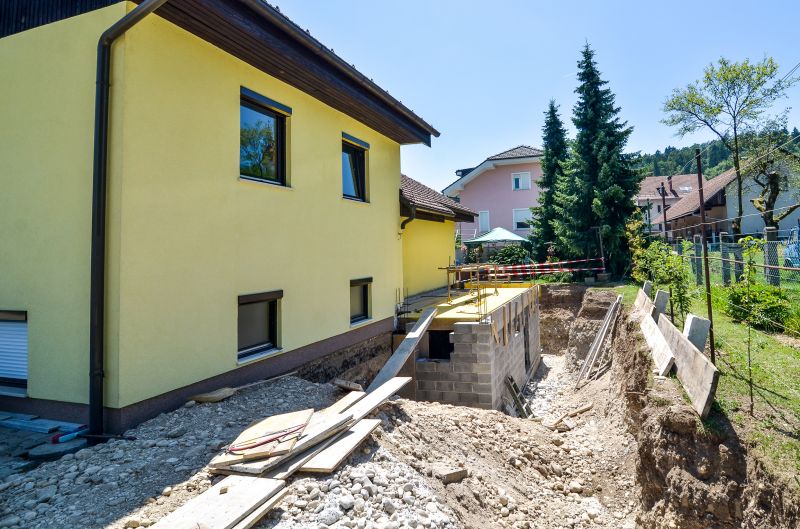
Rough timing from prep to clean-up for Foundation Repairs.
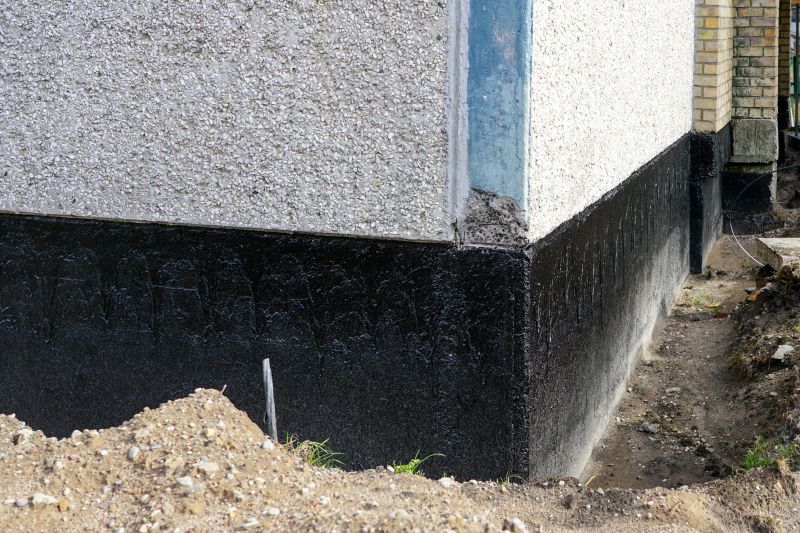
Quick checks and paperwork to keep after Foundation Repairs.
Timely foundation repairs are essential for long-term property stability. Recognizing the best seasons for intervention can lead to more efficient work, reduced costs, and durable results. Regular inspections and early detection of issues facilitate planning repairs at the most suitable times, ensuring the integrity of the structure is maintained.
Interested in foundation repairs? Fill out the contact form to get started.

